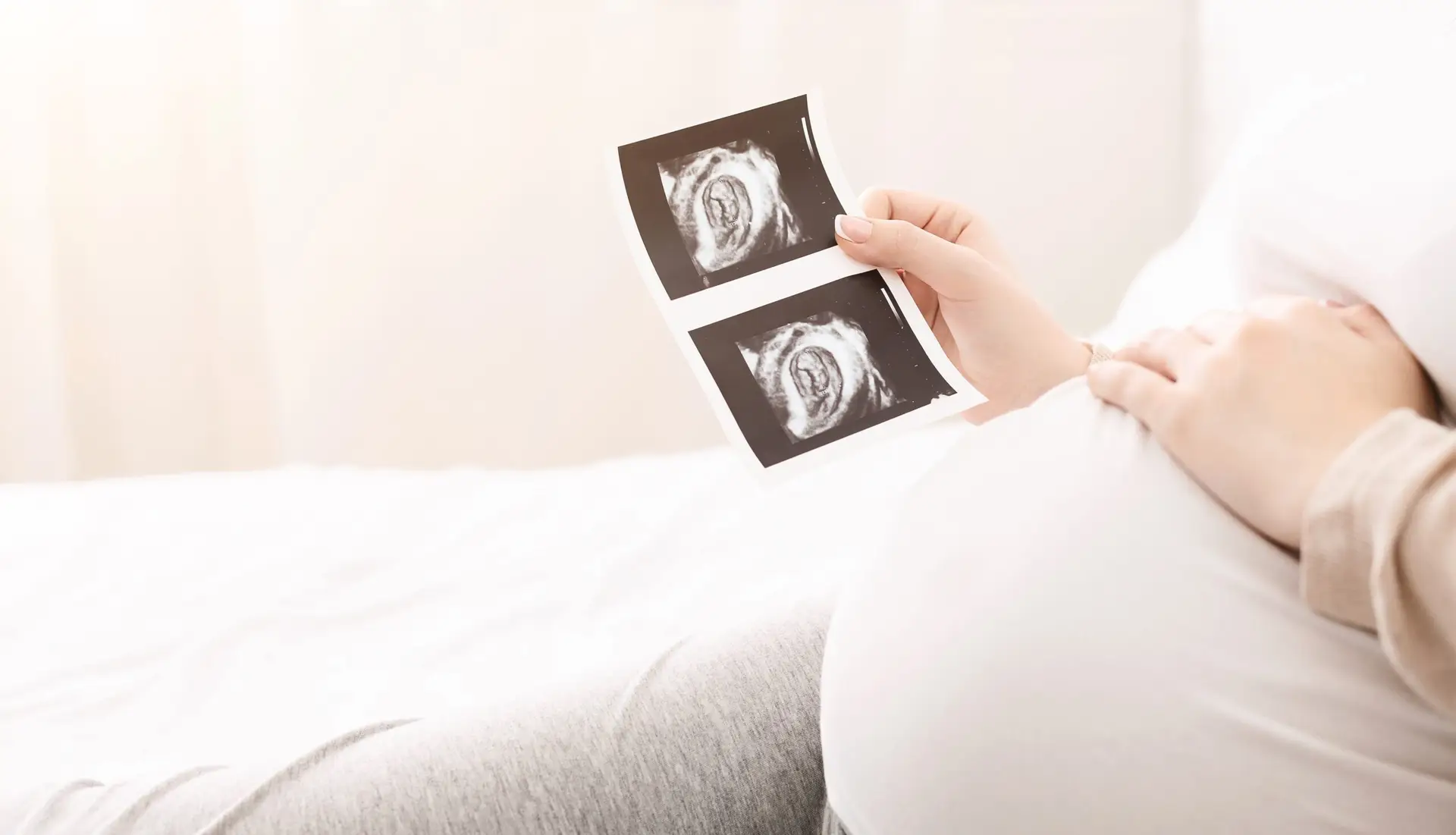Following the injury or loss of a child in utero, parents may wonder if they have grounds to recover compensation on behalf of their unborn child. In Texas and Louisiana, it is possible to recover compensation on behalf of an unborn child.
Under La. Civ. Code art. 26 and Tex. Health & Safety Code § 170A.001, an unborn child becomes a person at the moment of conception. This means unborn children may be represented in a personal injury or wrongful death claim. Other states may consider the child’s fetal development, or they may require the child to be born before someone can sue on their behalf.
If they cannot sue on behalf of the unborn person, parents of an injured or lost unborn child may still recover damages if the child’s injuries or death occurred due to someone else’s negligence.
Potential Impact of a Traumatic Injury on an Unborn Person
Health risks are much higher for a pregnant woman and her unborn child in a traumatic accident. As a result, timely medical assessment and treatment are critical. Diagnosis, treatment, and monitoring of the injured mother and fetus can be expensive and time-consuming, not to mention emotionally taxing.
Health complications from a car accident or other traumatic incident involving a pregnant individual could include:
- Premature birth
- Miscarriage
- Placental abruption
- Uterine rupture
- Fetal injury
- High-risk pregnancy
Unborn children injured in the womb may suffer from significant health issues, depending on the extent and severity of their injuries. Health complications for a surviving child could result in unexpected medical expenses and long-term health issues that affect the child for the rest of its life.
Potential Damages Following the Injury or Death of an Unborn Person
Whether filing a claim on behalf of an unborn person or their parent, the cases often involve similar damages, including the following.
Current and Future Medical Expenses
Medical expenses following a traumatic injury can be especially high when an unborn child is involved. Both the mother and unborn child may require extensive diagnostics, imaging, and monitoring to avoid and prevent dangerous complications. In many cases, the pregnancy will be deemed “high risk,” which results in more expensive and time-consuming doctor’s visits.
Labor and delivery may become more dangerous for pregnant mothers after an injury. As a result, the birthing process, hospital stay, and recovery may be more complicated and lengthy. After they are born, the baby may still need to be monitored, especially if it is born prematurely.
An injured unborn person could suffer from long-term disability and developmental issues that require frequent and ongoing medical treatment. They may need specialist care, assistive equipment, medical devices, medication, and in-home nursing care to live a healthy life. These expenses could be recovered in a personal injury claim on behalf of the unborn child or its parents.
Lost Income or Potential Income
A mother and unborn child injured in an accident due to someone else’s negligence could claim lost income or potential income. For the mother, this could refer to income lost due to additional doctor’s appointments, injury recovery, hospital stays, and bed rest to prevent miscarriage.
The parents of the injured child could also seek lost current and future income if the fetal injuries resulted in developmental issues or delays that require a parent to remain at home. Parents who lost an unborn child in an accident may also seek compensation for income lost due to bereavement and funeral arrangements.
Pain and Suffering
Both the mother and the unborn child could have grounds to sue for pain and suffering. Pain and suffering include physical and psychological effects suffered by the unborn child and their parents. Pain and suffering may continue for the child and their parents after the child is born, as well. If the infant passed away shortly after birth, the parents could also sue for pain and suffering the child endured before their death.
Wrongful Death
If the child passed away as a result of the accident, a surviving parent, close relative, or personal representative could seek compensation through a wrongful death claim on behalf of the unborn person. Wrongful death claims allow the victim’s representative to recover compensation for funeral and burial expenses, medical bills, and pain and suffering experienced by the unborn child before their passing.
Establishing Negligence in a Personal Injury or Wrongful Death Claim
Negligence is the foundation of any personal injury or wrongful death claim. To recover compensation on behalf of an unborn person, the representative must prove that:
- The unborn child suffered injuries or death.
- The unborn person’s injuries were caused by someone’s negligent behavior.
- The unborn child suffered losses or death due to their injuries.
For example, if the unborn person was injured when the pregnant mother was in a car accident, the child’s representative would need evidence to identify the at-fault party, prove causality, and establish the losses the unborn person suffered. Evidence could include photos or videos of the accident, witness statements, medical records, hospital bills, and medical expert testimony.
A personal injury attorney familiar with state laws governing personal injury and wrongful death claims for unborn children could help victims understand their legal rights and options.
Causes of Wrongful Death and Personal Injury Actions on Behalf of an Unborn Person
Situations that could lead to personal injury or wrongful death case on behalf of an unborn person include:
- Motor vehicle accident
- Pedestrian accident
- Slip-and-fall accident
- Fall from a height
- Struck by a moving object
- Firearm accident
Any case that involves a negligent person causing injury to an unborn individual could potentially be grounds to file a claim in Texas or Louisiana. However, such claims can be complicated, and results can vary widely from case to case. A personal injury attorney or wrongful death lawyer can help grieving parents navigate the complex legal processes during this difficult time.





